Paris, June 1971 (1971)
On June 20th, 1971, thousands of Spanish Republicans from all around Europe meet up in Montreuil, France to take part in an event initiated by the French and the Spanish Communist Parties, to protest against Franco's dictatorship.
Directors
Release Date
Jan 01, 1971
Runtime
00h 16m
Genre
Available in streaming on
For now, we have not found any platform that offers this movie in streaming...
On June 20th, 1971, thousands of Spanish Republicans from all around Europe meet up in Montreuil, France to take part in an event initiated by the French and the Spanish Communist Parties, to protest against Franco's dictatorship.
Movies like Paris, June 1971
5.4
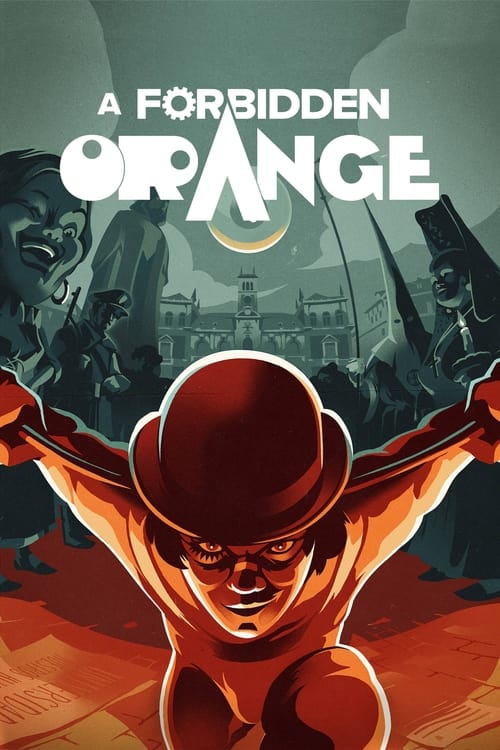
3.0
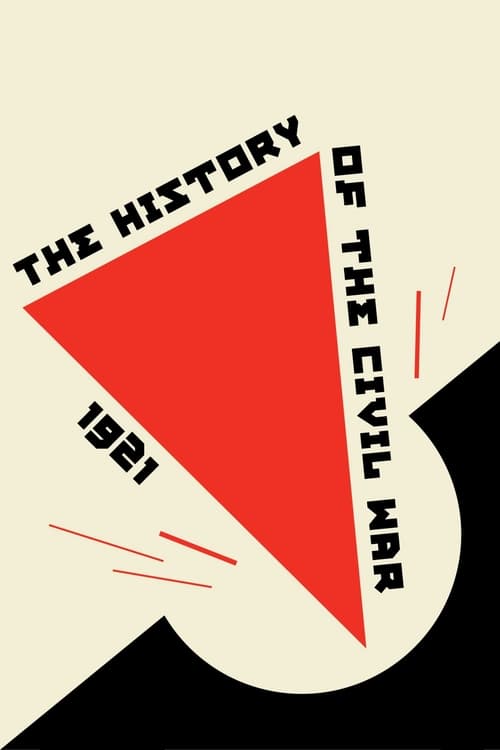
8.0

6.7

7.0
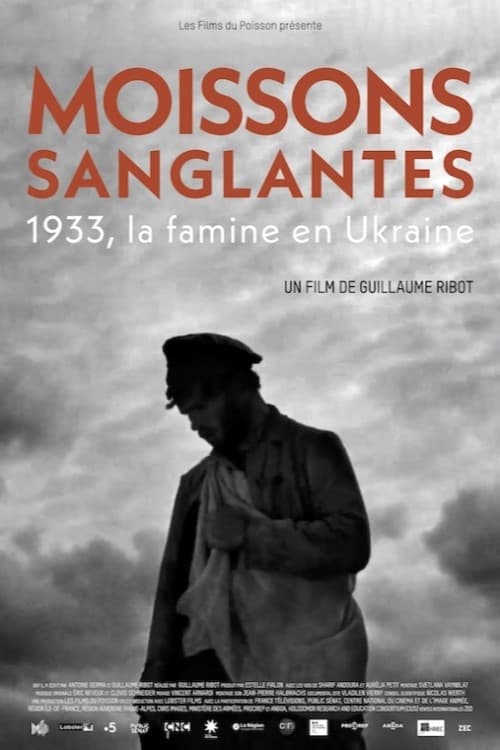
7.5
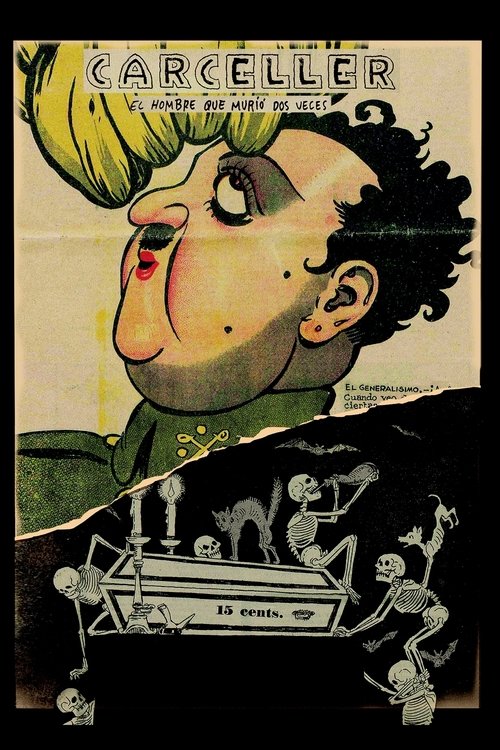
6.7
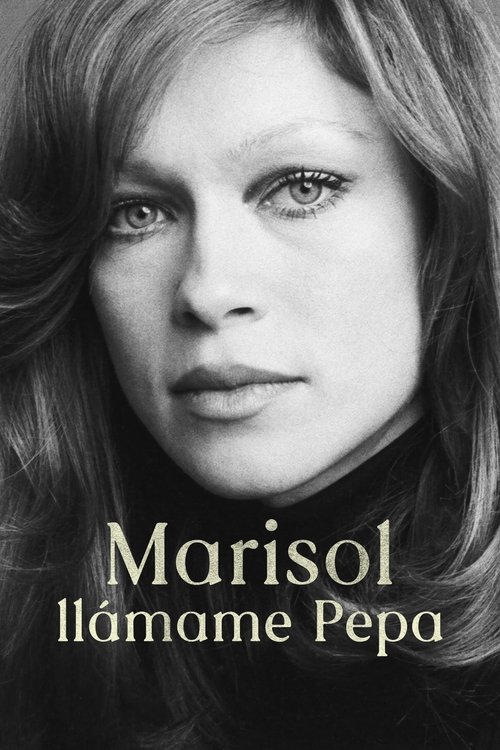
4.0

Antonio García-Trevijano: Transición e historia política de España en primera persona
2021
Search similar movies
1.0

7.2

9.0

7.5

6.5

6.5

7.6

7.1
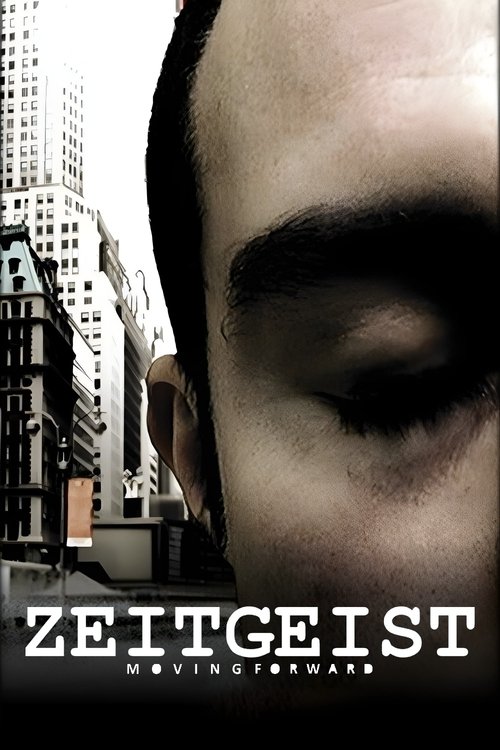
8.1

6.8
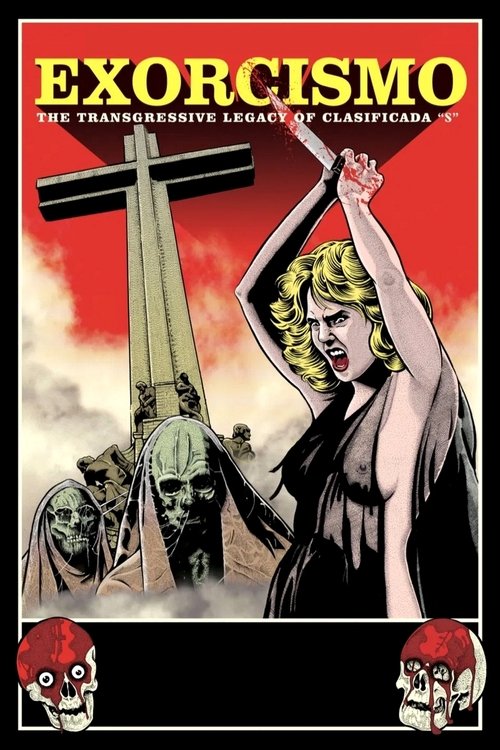
7.1

10.0
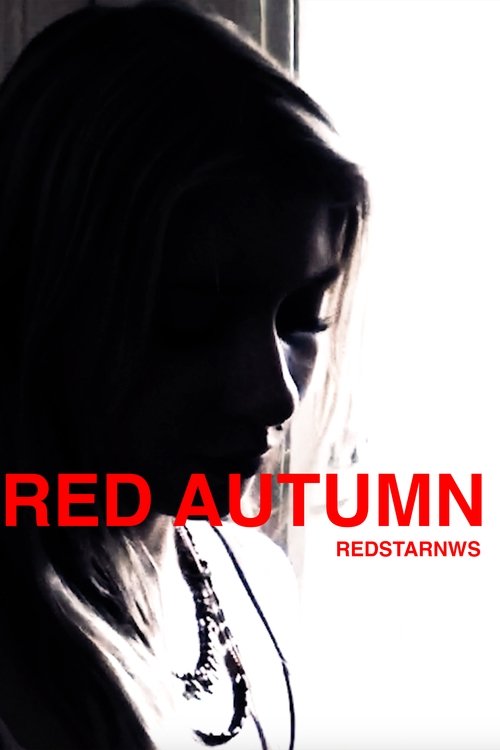
8.0
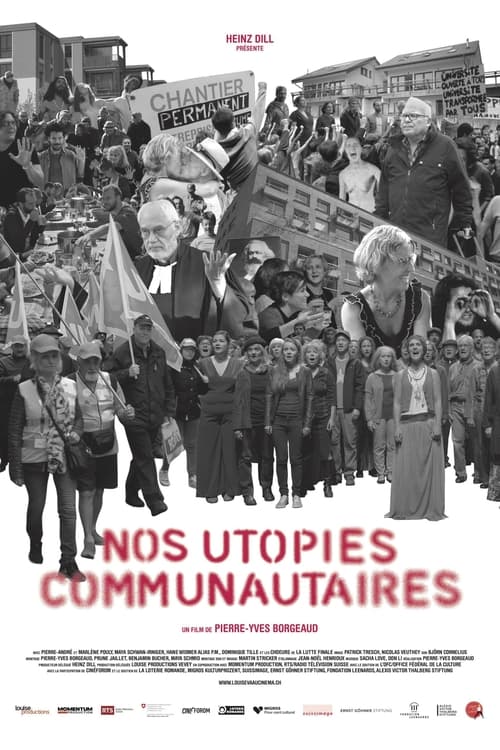
6.0

7.2
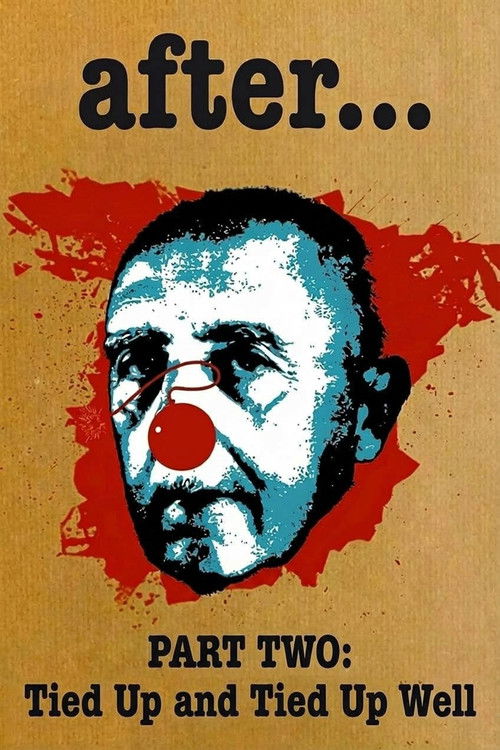
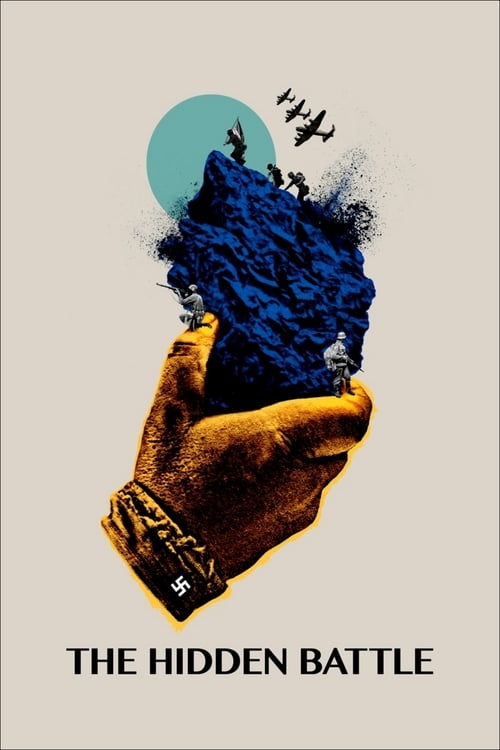
3.0
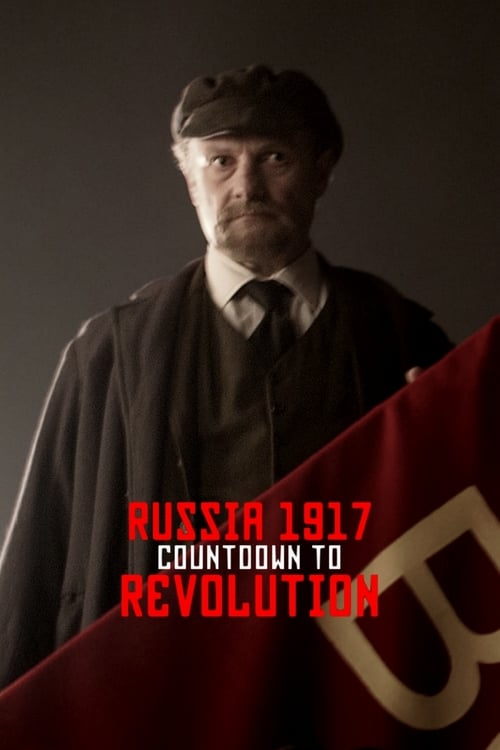
4.5
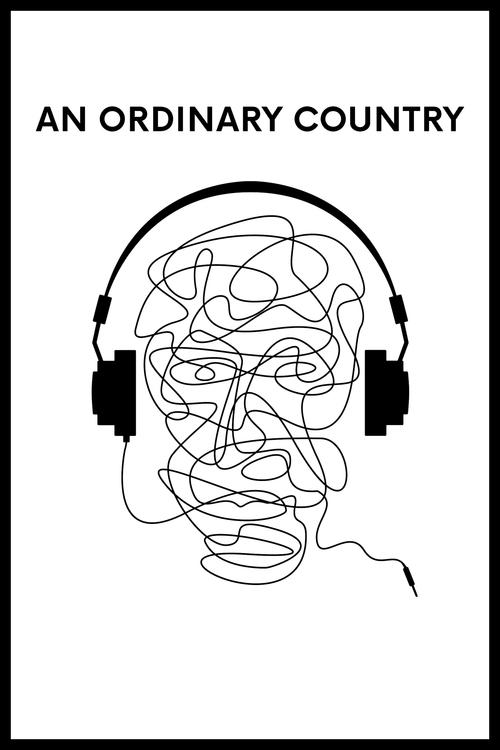
6.8
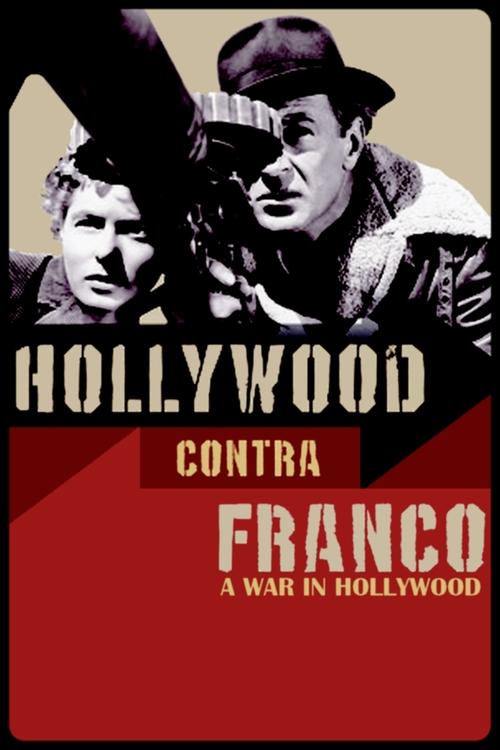
7.0
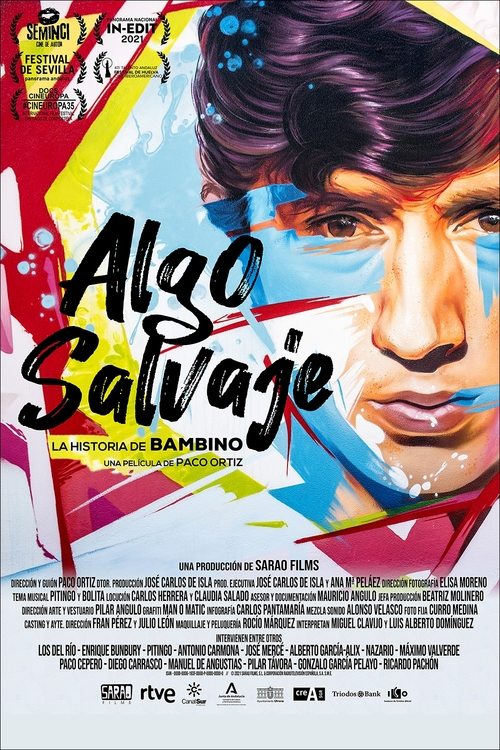
6.0
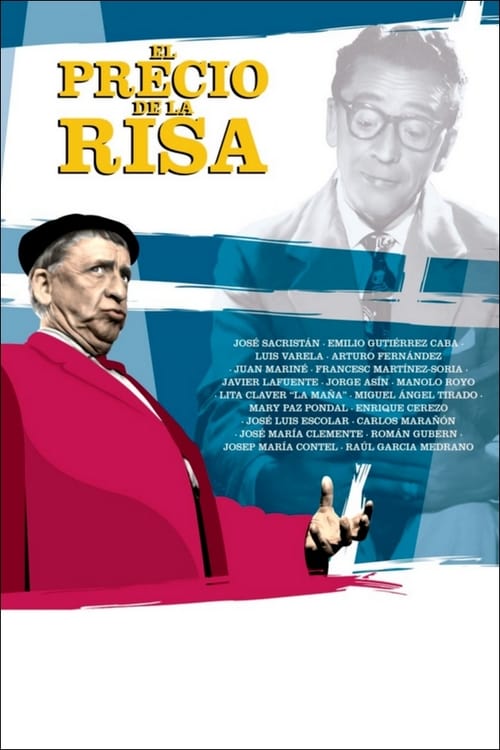
6.9
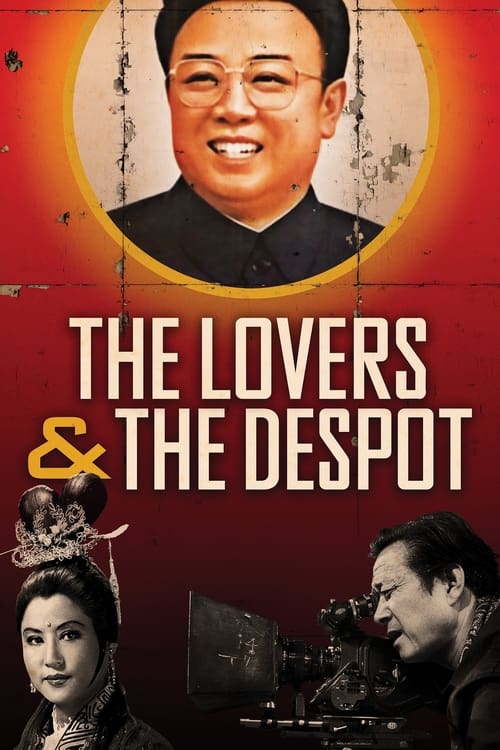
2.0
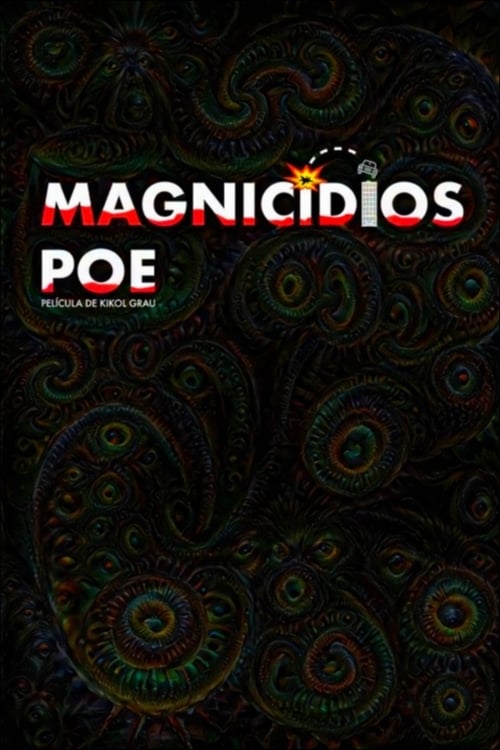
6.7
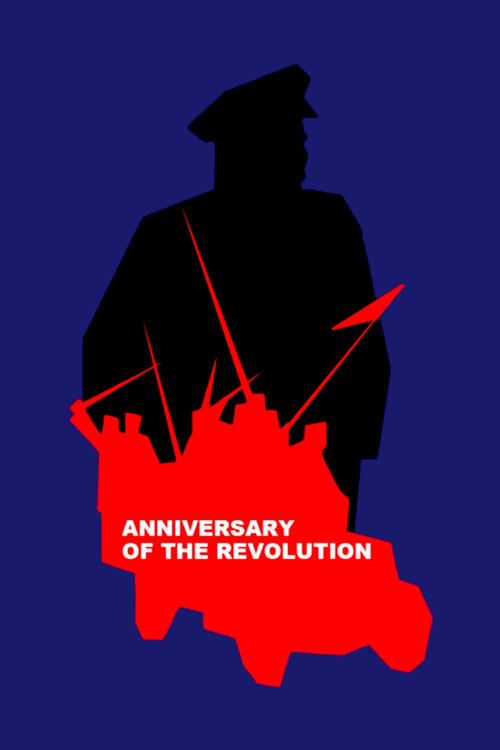
7.0

7.5
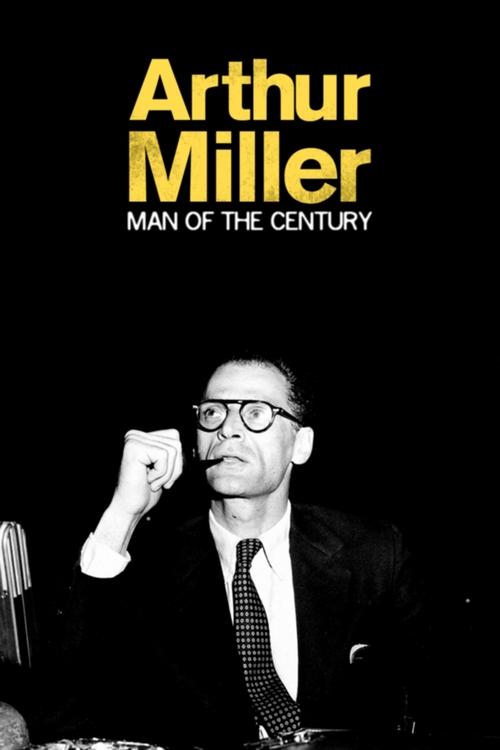
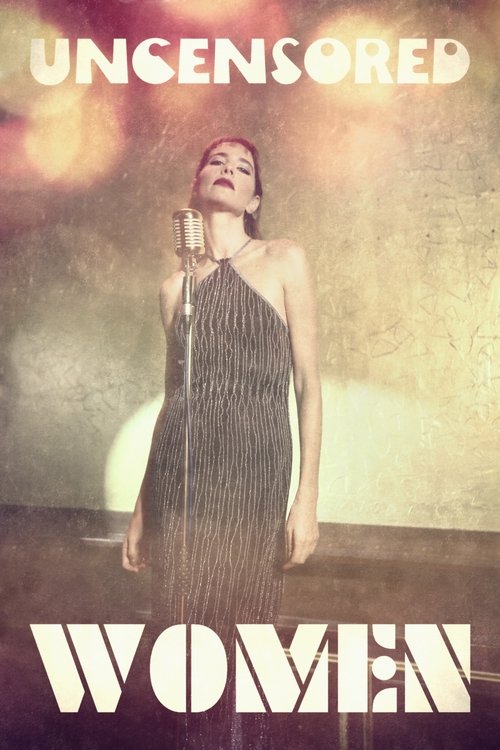
6.0
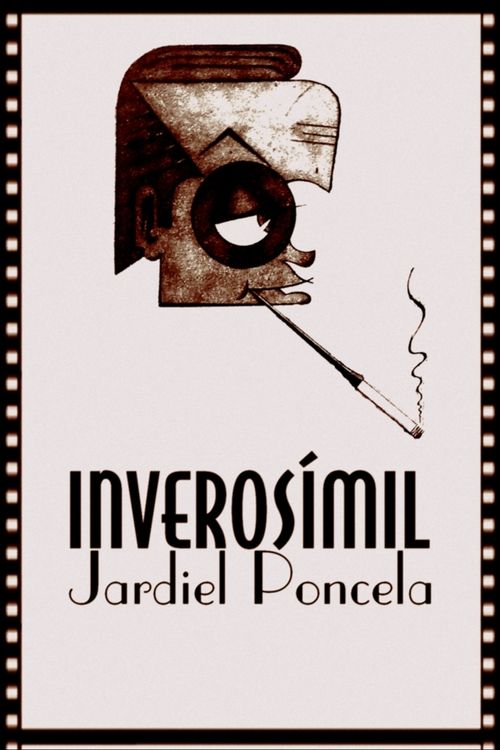
6.5
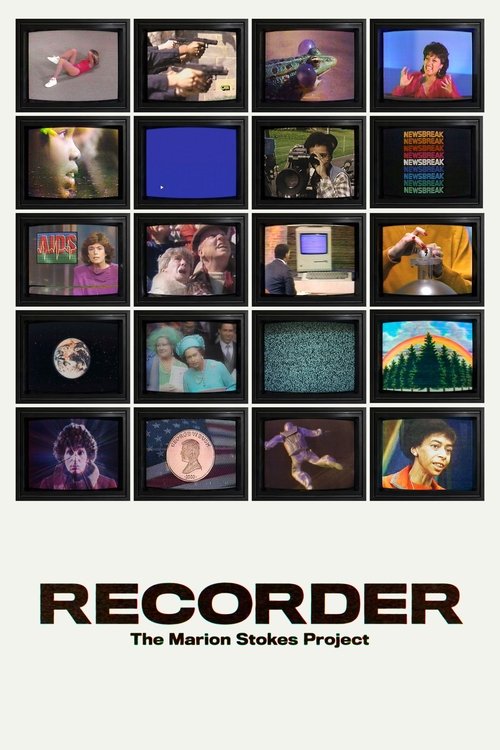
5.3
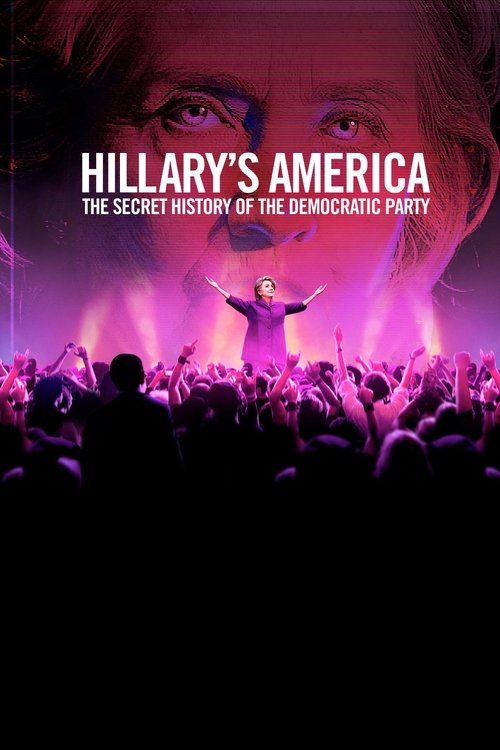
7.5
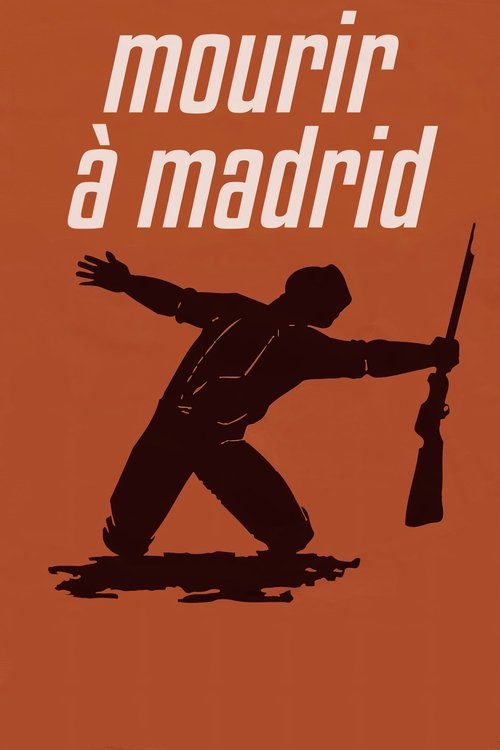
8.0
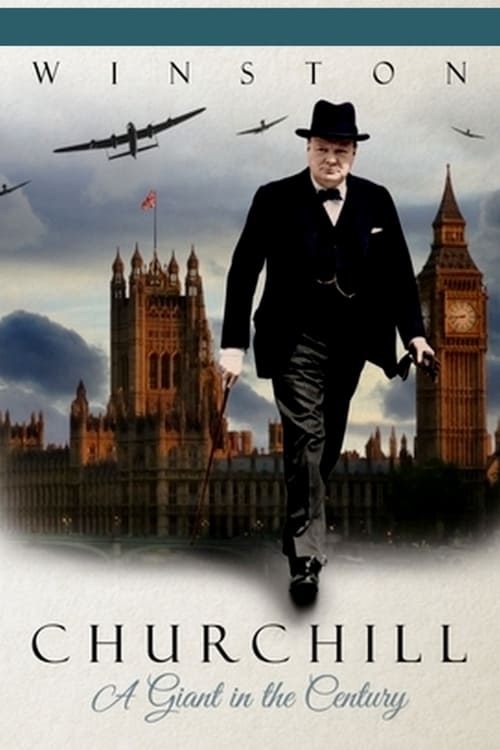
6.7
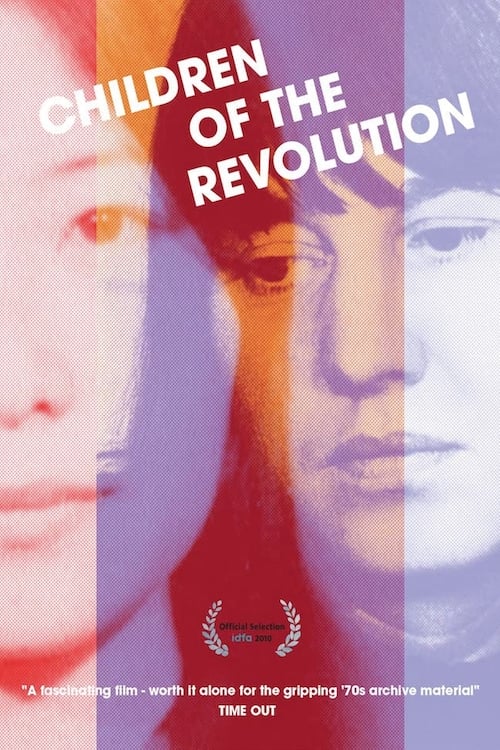
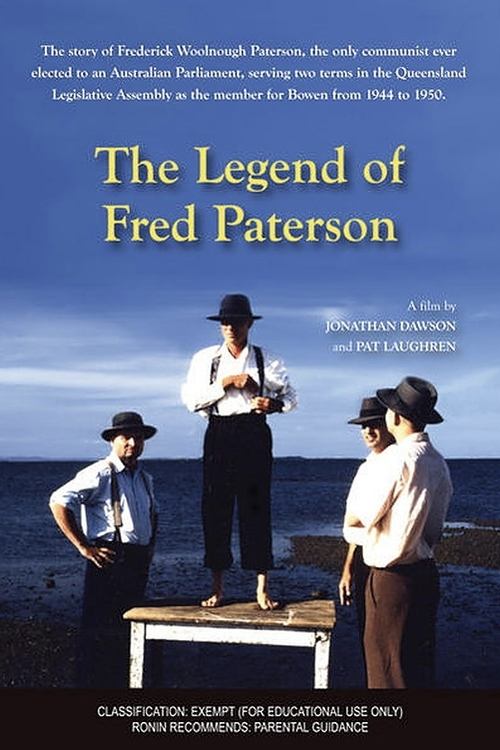
6.0
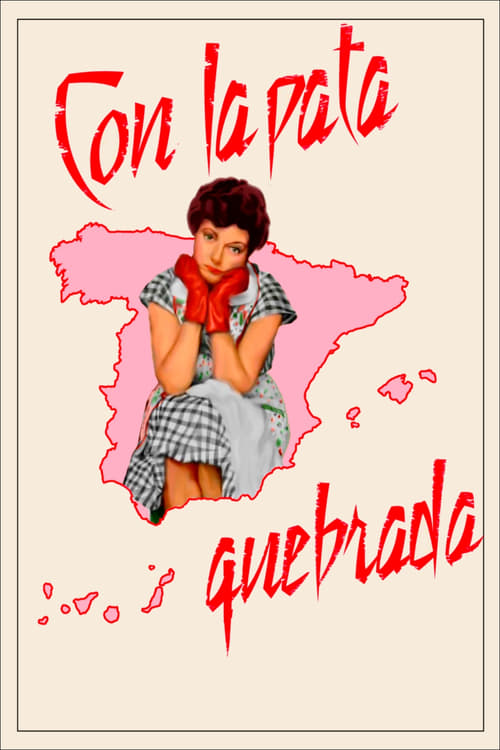
7.7

